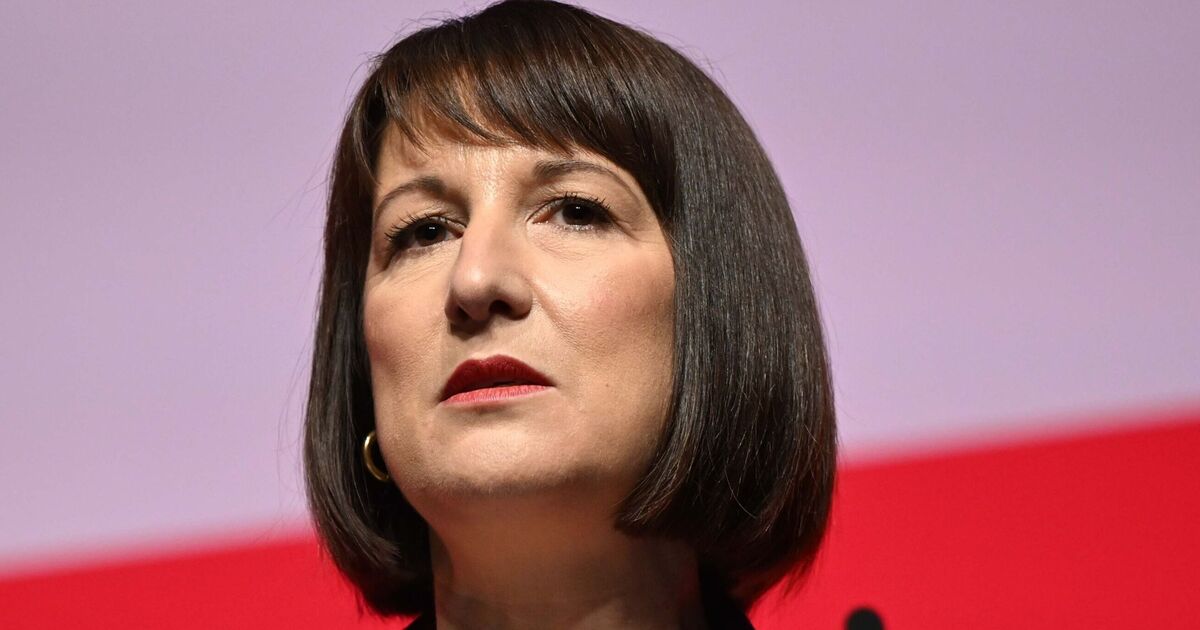
Rachel Reeves is the (Image: Getty)
Rachel Reeves’ announcement of sweeping reforms that will significantly curb the advantages of holding so-called non dom status will have wealthy Britons scrambling for the exits, a campaigner has claimed.
Meanwhile, a law firm that provides legal services for private and commercial clients has described the package of measures unveiled by the Chancellor yesterday as “a bit like an iceberg to the non-dom’s Titanic”.
In her Budget, Ms Reeves announced significant reforms with the intention of preventing wealthy foreign nationals residing in the UK from avoiding paying taxes on their overseas income.
Instead, she introduced a shift toward a more residency-based tax system, meaning that long-term UK residents, regardless of their original domicile, will be expected to pay taxes on global earnings.
The Government projects the overhaul will generate approximately £12.7 billion over the next five years to support essential public services.
READ MORE: FTSE slumps to lowest level in months as Budget shockwaves reverberate

Prime Minister Sir Keir Starmer (Image: Getty)
However, David Lesperance, whose company, Lesperance and Associates, provides clients with expert immigration and taxation advice to help them plan their future financial security, says the immediate result will be an exodus of cash.
He told Express.co.uk: “It appears that the considerable lobbying efforts for a tiered plan has fallen on deaf ears as the Remittance Basis disappears in April 2025.
“The result will be a mad rush to the exits before April Fools Day as HNW UK taxpayers flee The Nightmare from #11 Downing Street.”
The current Remittance Tax basis would be gone by April 2025, Mr Lesperance pointed out although a system known as the Temporary Repatriation Facility (“TRF”) has been extended from two to three years.
Our community members are treated to special offers, promotions, and adverts from us and our partners. You can check out at any time. Read our Privacy Policy
He continued: “The TRF rate for the first two years is 12% and 15% in year 3. One bright spot for non-doms is that the TRF will apply to distributions from formerly protected trusts, This will allow them to extract historic income/gains at a bargain rate.
“The bad news is that the Remittance Basis disappears in April 2025 and that there will be no grandfathering for excluded property/ protected trusts.”
“Carried interest tax rates are also increasing. This combined with the ability of those with carried interest to make and maintain their wealth outside of the UK, means that Golden Geese from the City will fly to more tax-friendly locations.”
Robert Brodrick, Chairman at Payne Hicks Beach, added: “The budget was a bit like an iceberg to the non-dom’s Titanic. Barely a mention in Rachel Reeves’ lengthy speech, but beneath the surface lay a 37-page Technical Note and 103 pages of draft legislation both of which contain some nasty surprises.”
The note is all based on draft legislation and could be subject to change by Parliament, but did not appear to contain anything likely to prevent “the exodus that has already started and persuade long-term resident non-doms to stay in the UK”, Mr Brodrick claimed.
He continued: “The Inheritance Tax consequences of becoming long-term resident will be enough to put many people off staying for more than 10 years.
“Will the regime for “new arrivers” be attractive enough to fill the hole left by departing non-doms?
“The new regime will enable individuals arriving in the UK after at least 10 years of non-UK residence to claim exemption from tax on their foreign income and gains for up to 4 consecutive years but unfortunately I think this is unlikely to do enough to encourage people to bring wealth to the UK or to put down deep enough roots to stay here and invest for the long term.”
Speaking yesterday, Ms Reeves said: “I have always said that if you make Britain your home, you should pay your tax here.
“So today, I can confirm, we will abolish the non-dom tax regime and remove the outdated concept of domicile from the tax system from April 2025.”
Akshata Murty, wife of former Prime Minister Rishi Sunak, became embroiled in controversy centred on her own non-dom status last year after it was revealed she had legally avoided paying UK tax on foreign income, including dividends from her stake in her father’s Indian company, Infosys.
This arrangement was viewed by critics as conflicting with Mr Sunak’s political role and the public’s tax burden, especially during a time of economic strain.
Ms Murty ultimately chose to forgo her non-dom status, agreeing to pay UK taxes on her global income to quell public criticism.












